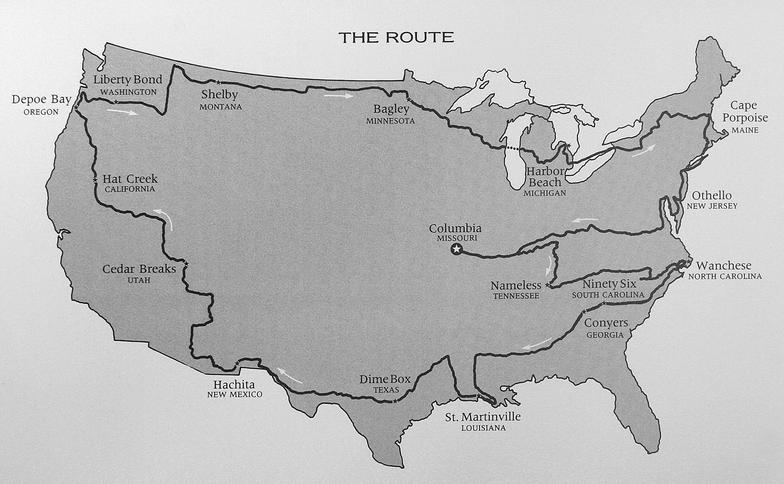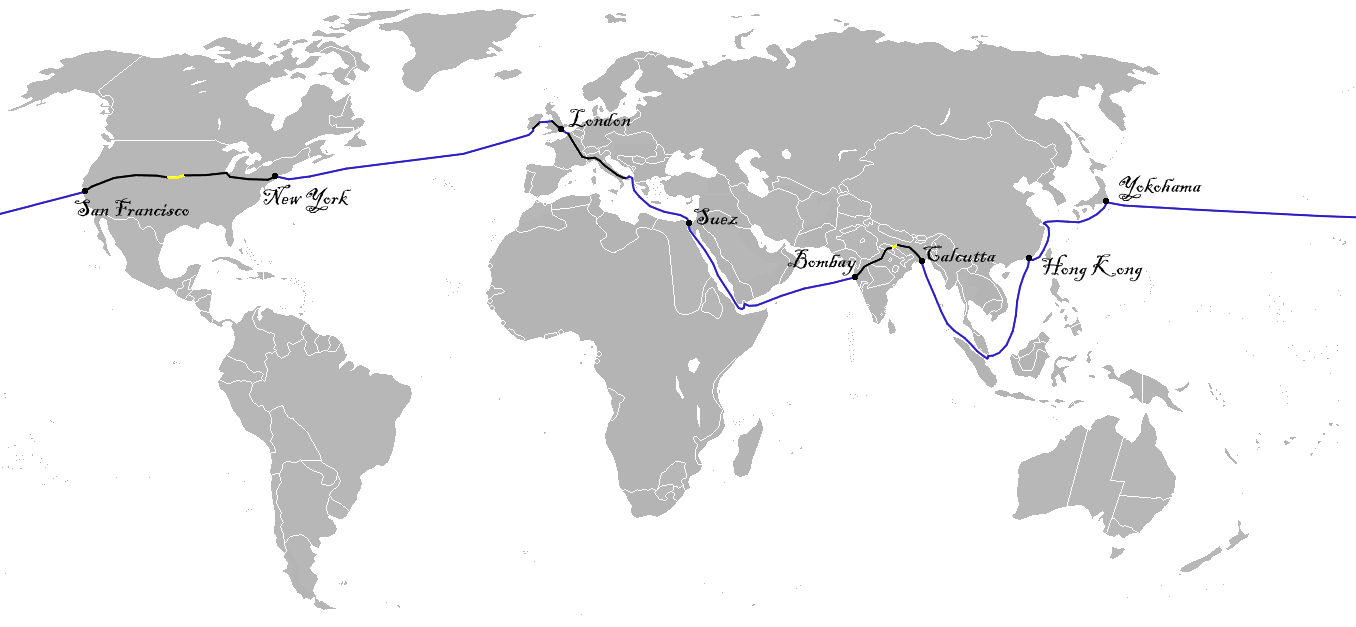Let's face it. Our suggested reading list from yesterday came a little too late to do you any good this weekend. More likely than not it was cinema that provided a timely escape from the in-laws and family squabbles that are inevitable once the tryptophan coma wears off. So, let's talk movies.
I recently rented
Everything Must Go with Will Ferrell (by which I mean he starred in the film- the two of us didn't actually rent it together- though that would make for an infinitely cooler blog post.)
I'm not ashamed to admit I like Mr. Ferrell's work. This wasn't exactly a comedy, but he's shown decent "dramedy" chops in
Stranger Than Fiction and I thought it would be worth a try. But I really picked this one off the shelf for one simple reason: The cover told me the film was based off a Raymond Carver short story, "Why Don't You Dance?"
I'd never read that story, but I love Carver and thought it would be interesting to make a comparison after the fact. So, we watched it, and even enjoyed it. That is, until I went and read
the story.
Once I read Carver's original, I had no choice but to throw
Everything Must Go into the same film adaptation category as
The Polar Express. In other words, one or two details were preserved, and the rest of the movie was made from whole cloth (for those interested, the two details were a protagonist who drank a lot, and the arrangement of a bunch of his belongings on his front lawn.)
It also got me thinking about how often I've been disappointed by Hollywood's take on my favorite books. Unfortunately, literary fiction doesn't generally translate very well on the big screen. Either the vision of the original work just isn't there, or the budget is woefully inadequate. Here are some stinkers I've sat through, or in some cases, started and given up on:
- The Great Gatsby (1974), Robert Redford & Mia Farrow. Decent sets and... that's about it. They made it about as boring as possible. That, and you'll constantly hear the Law & Order "clang-clang" sound in your head, since Nick Carraway is played by a young Sam Waterston.
- Slaughterhouse-Five (1972), Michael Sacks. Cheap, cheap, cheap. Outside of the Godfather and a handful of other films, why didn't the film industry just fold up their tents and wait out the seventies?
- The Picture of Dorian Gray (1945), George Sanders. I loved this book, and couldn't make it through 10 minutes of the movie. I have not seen the 2005 remake.
- The Fountainhead (1949), Gary Cooper & Patricia Neal. My favorite of Rand's books, hands down. The movie was... not good.
- Basically anything of Hemingway's has sucked, with the one exception below, including Spencer Tracy's Old Man and The Sea, and Gary Cooper's For Whom the Bell Tolls.
There are, as I mentioned, a few exceptions. I'll list some here:
- A Farewell To Arms (1957), Rock Hudson & Jennifer Jones. Jones wasn't exactly what I was expecting, but Hudson was a great cast. The producers gave the film the sweeping war-time imagery it deserved, and did the quiet moments justice, as well.
- Of Mice and Men (1992), John Malkovich & Gary Sinise. Gorgeous picture, as heart-rending as Steinbeck's original.
- Pride and Prejudice (1995), Colin Firth & Jennifer Ehle. The ultimate chick-flick, and I mean a "turn in your man card if you didn't get the entire Bourne Trilogy in return" kind of a chick-flick. But I'm secretly a huge fan of this miniseries. They nailed it every step of the way. Of course, they did have five hours to work with...
Always a glutton for punishment, I'm waiting with bated breath for Leonardo DiCaprio to step into the roll of Jay Gatsby next year (not even kidding) and if I'm bored enough in the coming months, I may even check out Part I of the shoestring budget
Atlas Shrugged that hit a few theaters earlier this year. In the meantime, I'd love to hear what movies based on literary fiction have lived up to your expectations? Fire at will.

















